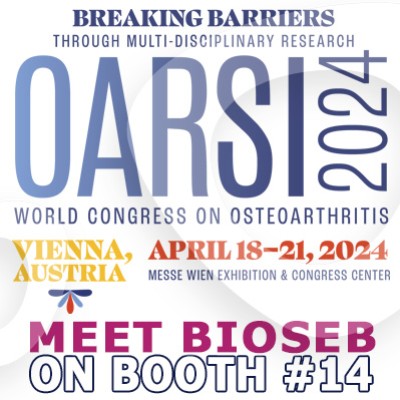Authors
Setkowicz Z, Kosonowska E, Kaczyńska M, Gzieło-Jurek K, Janeczko K
Lab
Department of Neuroanatomy, Institute of Zoology, Jagiellonian University, 9 Gronostajowa St., 30-387 Kraków, Poland.
Journal
Brain Res.
Abstract
There is growing evidence that physical activity ameliorates the course of epilepsy in animal models as well as in clinical conditions. Since traumatic brain injury is one of the strongest determinants of epileptogenesis, the present study focuses on the question whether a moderate long-term physical training can decrease susceptibility to seizures evoked following brain damage. Wistar rats received a mechanical brain injury and were subjected to daily running sessions on a treadmill for 21 days. Thereafter, seizures were induced by pilocarpine injections in trained and non-trained, control groups. During the acute period of status epilepticus, the intensity of seizures was assessed within the six-hour observation period. The trained rats showed considerable amelioration of pilocarpine-induced motor symptoms when compared with their non-trained counterparts. Histological investigations of effects of the brain injury and of physical training detected significant quantitative changes in parvalbumin-, calretinin- and NPY-immunopositive neuronal populations. Some of the injury-induced changes, especially those shoved by parvalbumin-immunopositive neurons, were abolished by the subsequent physical training procedure and could, therefore, be considered as neuronal correlates of the observed functional amelioration of the injured brain.
BIOSEB Instruments Used:
Treadmill (BX-TM),Passive avoidance (LE870)

 Douleur - Allodynie/Hyperalgésie Thermique
Douleur - Allodynie/Hyperalgésie Thermique Douleur - Spontanée - Déficit de Posture
Douleur - Spontanée - Déficit de Posture Douleur - Allodynie/Hyperalgésie Mécanique
Douleur - Allodynie/Hyperalgésie Mécanique Apprentissage/Mémoire - Attention - Addiction
Apprentissage/Mémoire - Attention - Addiction Physiologie & Recherche Respiratoire
Physiologie & Recherche Respiratoire
 Douleur
Douleur Métabolisme
Métabolisme Système moteur
Système moteur Neurodégénérescence
Neurodégénérescence Thématiques transversales
Thématiques transversales Système musculaire
Système musculaire Functions de motricité générale
Functions de motricité générale Troubles de l'humeur
Troubles de l'humeur Other disorders
Other disorders Joints
Joints Système Nerveux Central (SNC)
Système Nerveux Central (SNC)
 Système sensoriel
Système sensoriel

